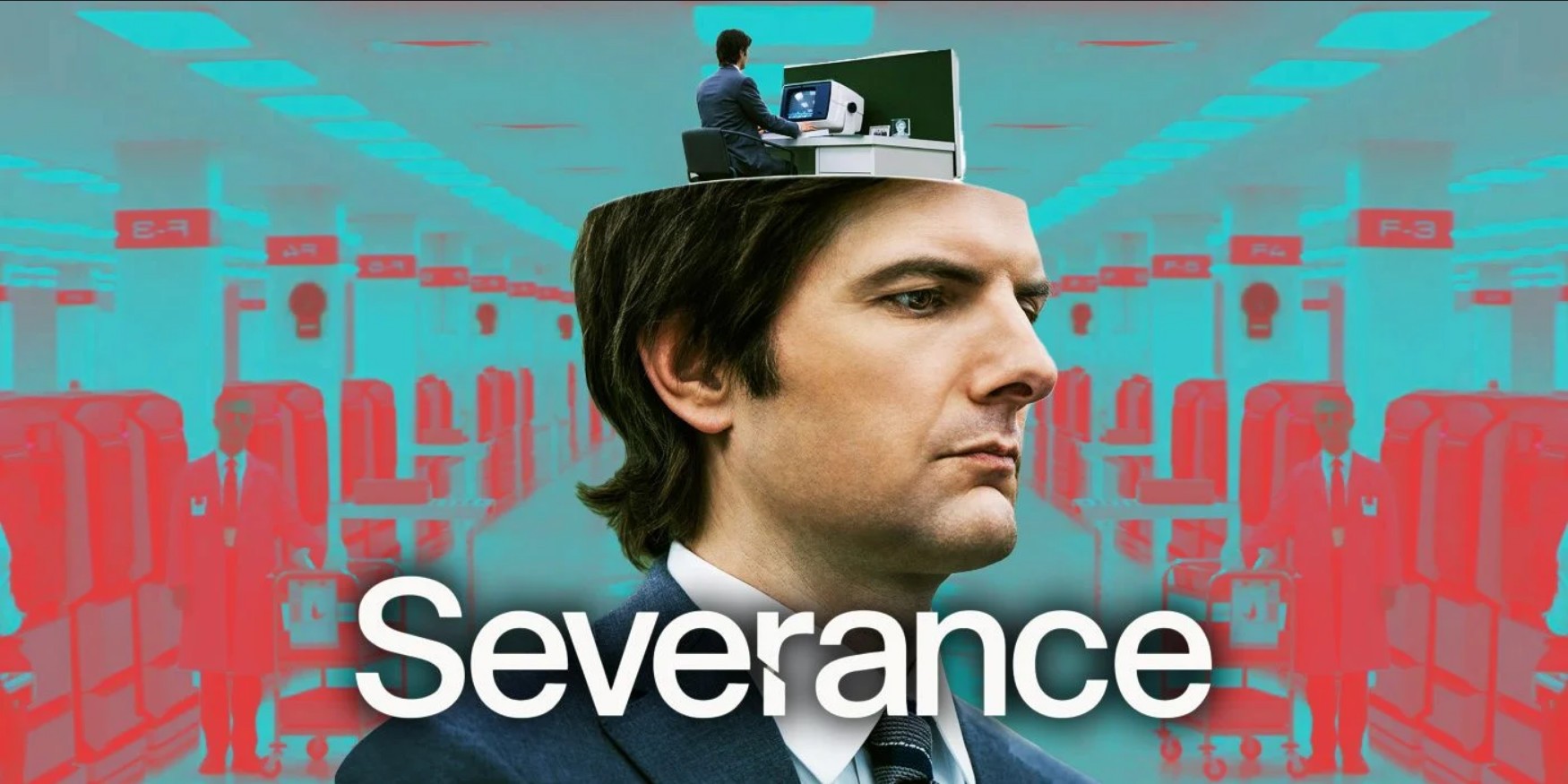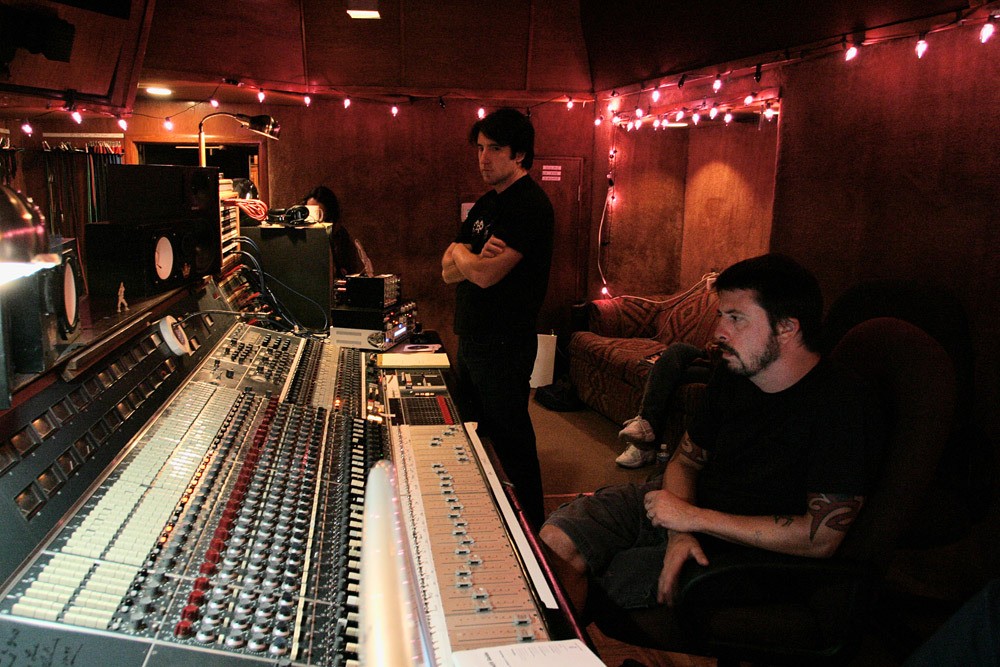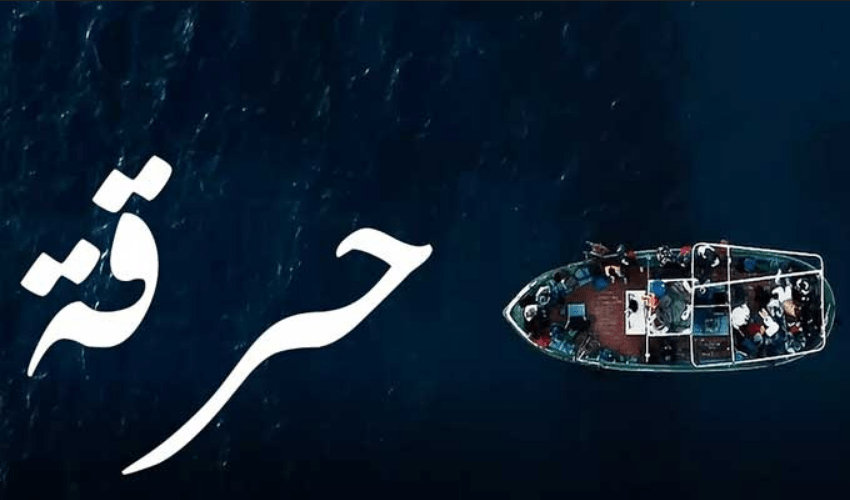
Edited by: James Rendell and Kate Egan Submission deadline: 31st July 2022.

Edited by: James Rendell and Kate Egan Submission deadline: 31st July 2022.

Editors: Jennifer Dawes, Midwestern State University, jennifer.dawes@msutexas.edu Nora M. Isacoff, Columbia University, ni2237@columbia.edu Overview : The proposed book will be an interdisciplinary examination of the AppleTV show Severance , in which employees of a biotech firm consent to having their brains severed so that their work selves and non-work selves do not retain each other’s memories.

We are seeking proposals for an edited collection tentatively titled Television Comedy & Cultural Crisis. Chapters should focus on a specific television series, and address how that series engages with the discourse of a particular cultural crisis through comedy.

We are seeking proposals for an edited collection tentatively titled Television Comedy & Cultural Crisis. Chapters should focus on a specific television series and address how that series engages with the discourse of a particular cultural crisis through comedy.

The editors of a forthcoming volume are seeking concise essays of approximately 5,000 words about any aspect of Star Wars storytelling that has emerged since Disney’s acquisition of Lucasfilm in 2012. We are seeking pieces that are academically rigorous, but accessible to the general reader. The volume aims to cover the full range of transmedia forms that now comprise the Star Wars shared universe.

Call for Papers: Gender and TV in Iberia and Latin America Anja Louis (Sheffield Hallam) and Abigail Loxham (Liverpool), UK We invite original papers to be published as part of an edited collection. Our aim is to forge interdisciplinary links between those working in Television and Media Studies, Gender Studies, Iberian and Latin American Studies.

In reacting to the zeitgeist, or prevailing focus, of an era, the superhero has previously fought Nazis, participated in Cold War tensions, and addressed the careful balance of government oversight and civilian independence following acts of terrorism and subsequent legislation. How, though, are superheroes reacting to our zeitgeist, the age of digital media?

What is television’s capacity to elicit empathy? ‘Stories move us. They make us feel more emotion, see new perspectives, and bring us closer to each other’ (Netflix, 2021). Television can grant us extended access to a diversity of perspectives and narratives. Meanwhile, interactive technologies and the internet promise more personal and collective relationships with the small screen, and with each other, than ever before.

In the introduction to The Routledge Companion to Screen Music and Sound (2017) , Miguel Mera, Ronald Sadoff and Ben Winters write, ‘screen music and sound has consistently ignored aspects of process in favor of the interpretation of completed texts’ (p. 5). Such calls for analysing media production processes have been made since at least the 1980s (Maltby 1983;

Call for Book Proposals Cinema and Media Cultures in the Middle East Peter Lang Publishing